
JEE Advanced differs from the JEE Main and other Engineering entrance exams both in terms of approach and technicalities. In JEE Main, the questions are based on broader concepts whereas in JEE Advanced, there are intricate sub-concepts that constitute a given problem. Every element of those sub-concepts is important to arrive at the solution. Essentially, every problem in JEE Advanced requires a stepwise solution to several constituent problems. Moreover, the same question can be asked in different ways. And in JEE Advanced, many a times, to solve a problem, the candidate must rely on the process of elimination – i.e.to arrive at the right answer, one must eliminate the wrong options.
There are single or multiple-choice questions, passage-based questions, integer-type, matrix-matching questions etc. To cover the exhaustive content and for in-depth testing of the concepts, there are 2 papers for each subject in Physics, Chemistry and Mathematics (PCM) group.
Owing to the range of content to be mastered, even the top scorers cannot always cover 100% of the topics in 2 years. I feel, one may achieve a certain degree of comfort in 80% of it, at most. To secure a rank, at least 60% of the concepts should be studied in-depth. To get a rank within 2000, at least 35-40% of these topics must be mastered with accuracy.
JEE Main serves as the qualifying exam for JEE Advanced. Out of 10 lakh applicants appearing for JEE Main, around 2 lakh children qualify to write the JEE Advanced. Naturally, the competition gets much stiffer in JEE Advanced, because children who qualify to take it have already mastered the basics and are now being tested for much more nuanced understanding of the concepts. As a result of the exhaustive testing, creme de la creme reach the top colleges and when these children with comparable calibre come together, they inspire each other and share the space to innovate.
Owing to the stiff competition, every single mark matter in JEE Advanced. Moreover, the presence of negative marking makes accuracy a key factor for determining success. It goes without saying that time management skills and accuracy should be mastered.
The practice of self-assessment and analysis must be learnt by children. Apart from the weekly and monthly tests, they should pick up random problems and questions from each topic and self-assess how fast and accurately can they solve them to evaluate where they stand. According to their evaluation, they should approach the teacher and bridge the learning gaps.
The habit of practising concepts by writing notes every day is another key skill. The quality of time spent studying is highly significant. Taking timely breaks and studying helps today’s children. It is always quality over quantity! In 34 years of my teaching career, I have found that the toppers have a comparable degree of determination, dedication, patience and concentration.
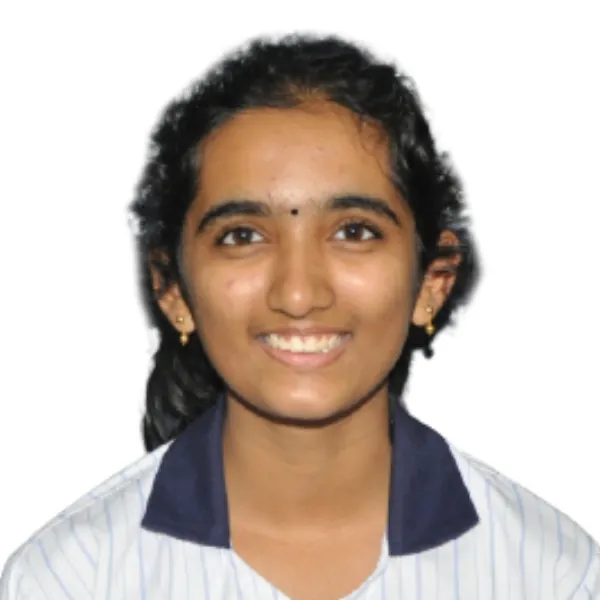
Maithri Muralikrishna
Deeksha, Excellence Batch, Bengaluru (2019-21) | JEE Advanced – 3458 AIR
Currently studying Dual degree programme in Computer Science @ IIT (BHU) Varanasi
I opted for JEE coaching as I loved Maths. Initially, I had no idea about IITs or other institutes. I chose Deeksha as the institution was recommended by many people. Once I joined the Excellence Batch, my teachers introduced me to IITs as they spoke about various career and higher study options. That’s when I got inspired to work for it.
I experienced both the online and offline mode of learning over the last 2 years at Deeksha. Deeksha made the transition from school to Class XI incredibly smooth. I was used to attending fewer classes in school, i.e., until Class 10. But despite considerably long school hours, with the support of the teachers I could adjust easily to the academic rigour. The teachers were always approachable and cleared our doubts.
We had study hours after each class, where we did individual learning, assignments, problems etc, which reinforced our learning. My peer group was especially commendable. During breaks, I would discuss various topics with friends. This way, we had a lot of fun while learning!
Though the syllabus was vast, I tried and completed most of it. In the evenings, we had 2 hours of subject-exclusive study hours, where lecturers from that particular subject would stay back and clear our doubts.
In Class 12, initially it was a challenge to get used to the pace of online classes. But Deeksha had a consistent routine, which helped me get used to the flow. Since we had additional time after online classes, we could plan our studies as per our study routine. My approach was to start with homework submission on Google classroom, and then start with daily studies and solve problems from reference books. There were optional study hours, in which our teachers were available on zoom calls to clear our doubts.
Lighter sessions like dLife and language classes in the evenings were refreshing and gave us a mental boost to study further. We learnt lots of new things and PTBI (Proud To Be Indian) videos were inspirational!
I focused on Class 12 chapters fully when they taught us all the concepts. I went back to Class 11 portions only during revision, post the completion of Class 12 classes. This helped me stay focused.
As far as my hobbies are concerned, I like to sing in my free time. I also like listening to songs. Though I missed going out and meeting friends, we were connected through Google Meet sessions. Watching funny videos on Slayy Point was a fun break from studies. However, overall, I had minimal distractions and was able to focus on academics.
Muralidhara Sir was my dP and was in regular touch with me. He used to help me create study schedules when I struggled in few areas.
iCube, Teachers’ Day and Children’s Day were memorable. I had a great experience overall – both offline and online mode of learning were well managed by Deeksha!
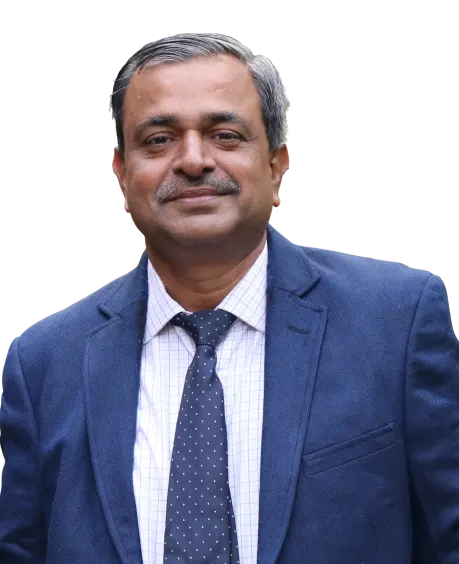
Shyam Vadlamani
Deeksha, Main Campus, Bengaluru
Faculty (JEE Adv) – Mathematics
Table of Contents


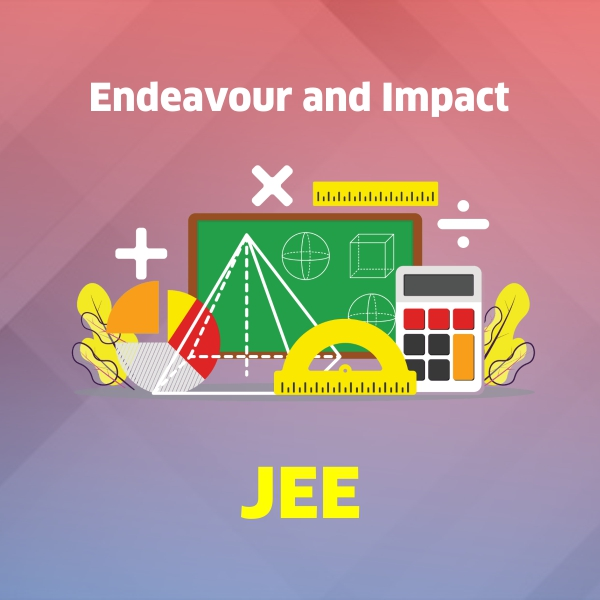


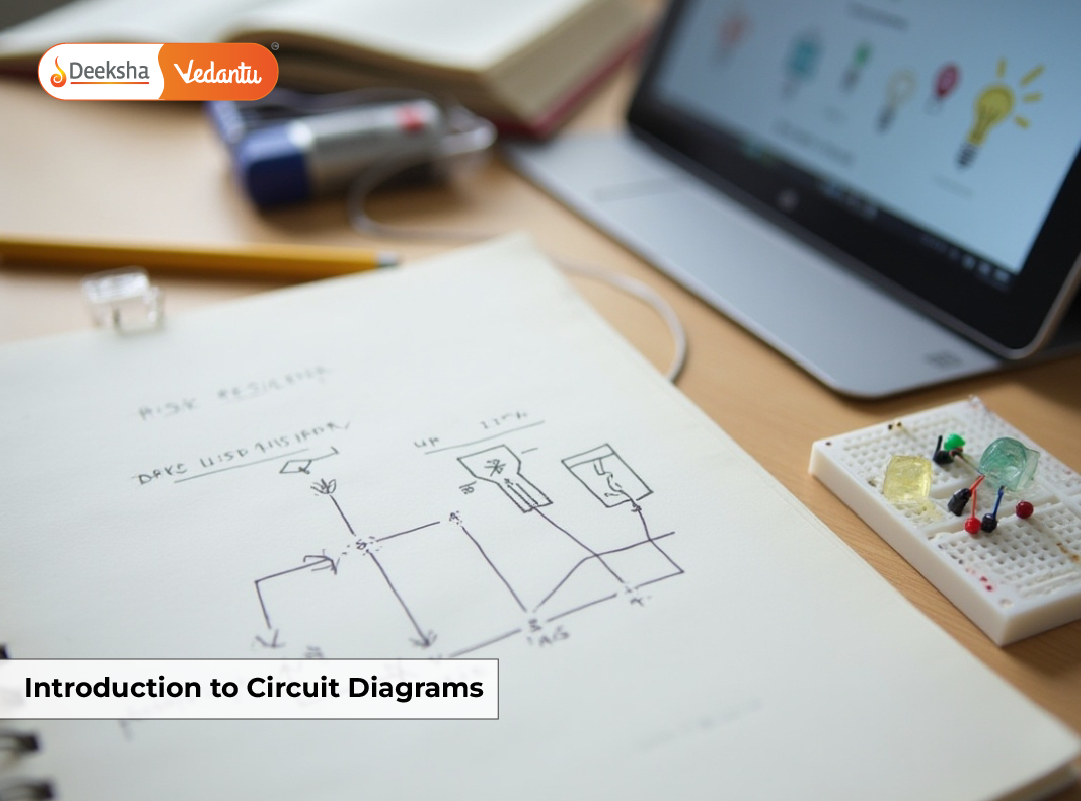

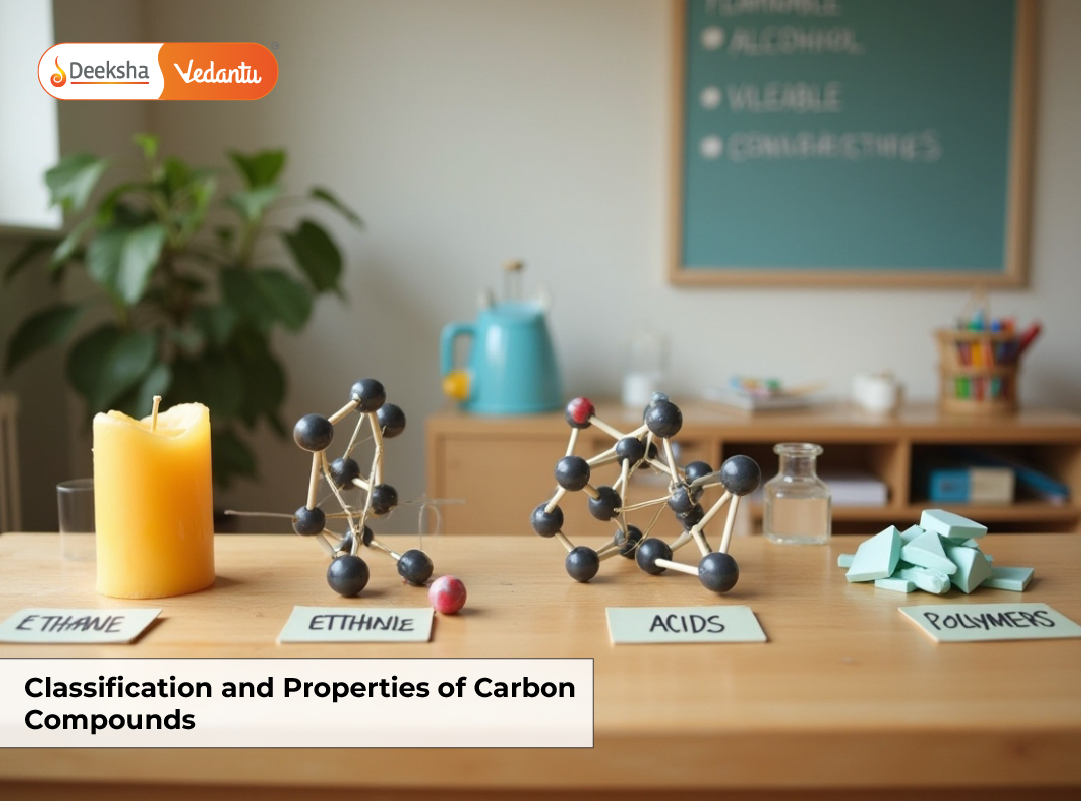

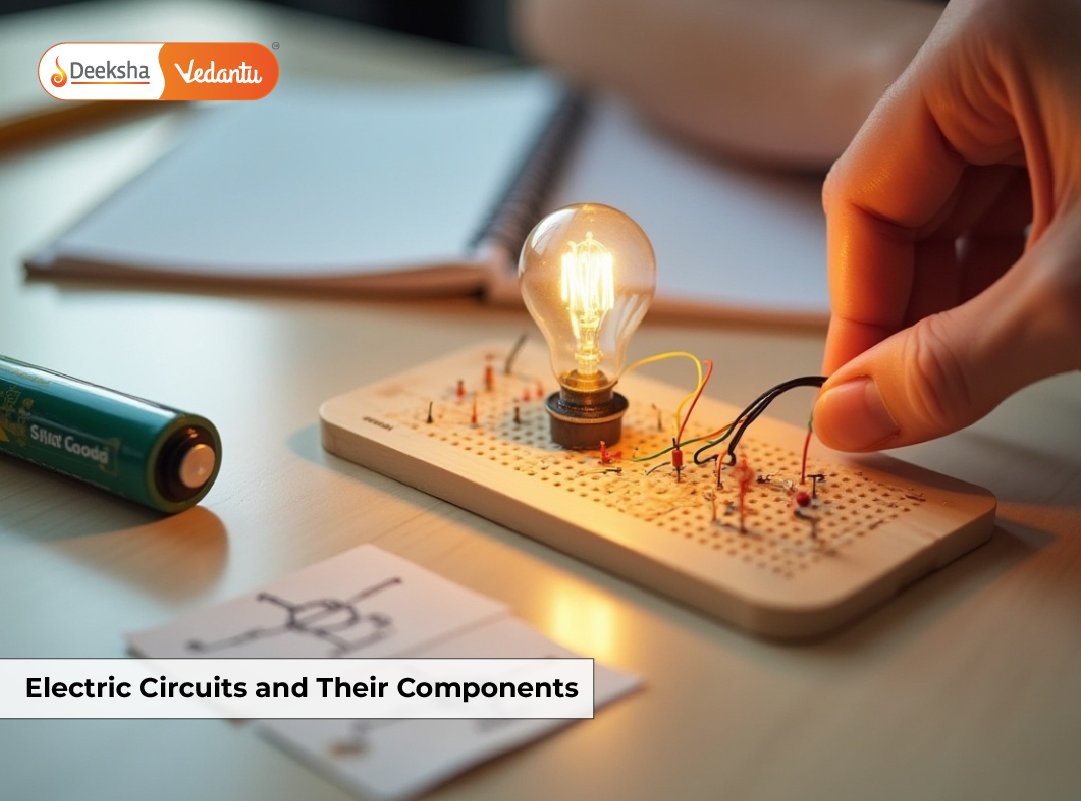

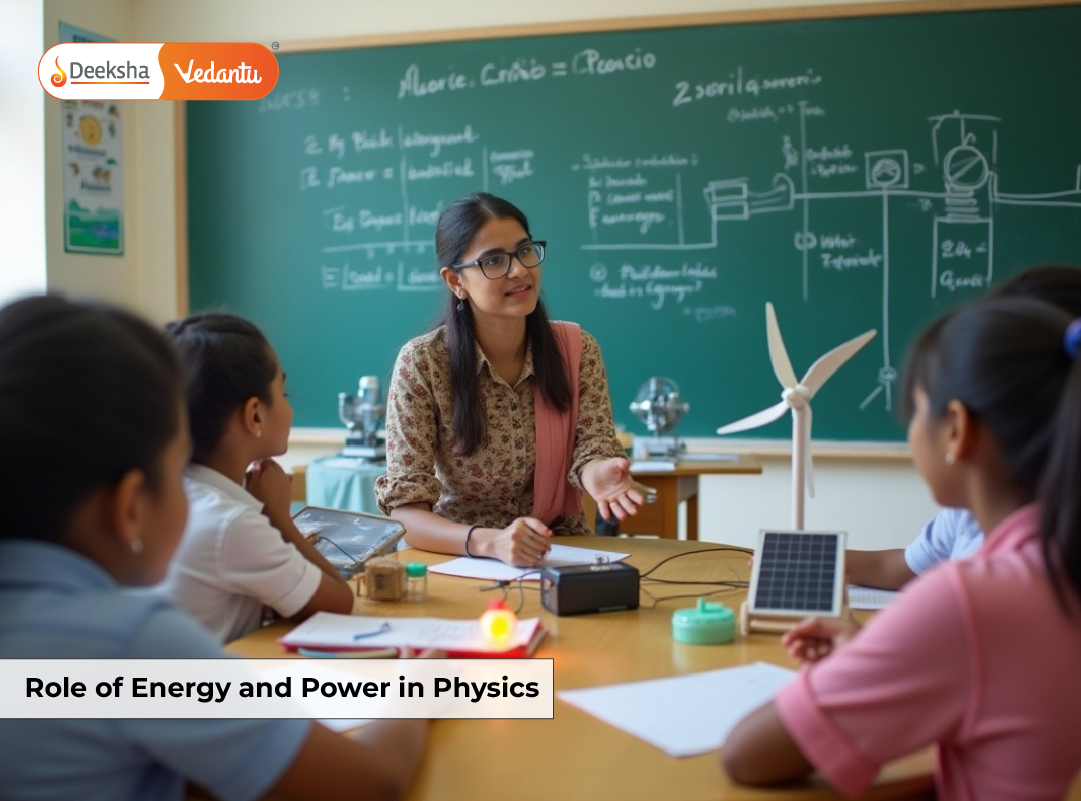



Get Social